

Fenugreek Seed Extract
₹700.00 Original price was: ₹700.00.₹640.00Current price is: ₹640.00.
Introduction
Fenugreek (Trigonella foenum-graecum) is a herb that has been used for thousands of years in traditional medicine and culinary practices. Native to the Mediterranean region, fenugreek has spread globally, becoming a staple in various cuisines and a valuable ingredient in herbal remedies. Fenugreek seed extract, derived from the seeds of the fenugreek plant, is rich in nutrients and bioactive compounds that offer numerous health benefits. This comprehensive overview explores the origins, nutritional composition, health benefits, uses, and potential side effects of fenugreek seed extract.
Fenugreek Seed Extract: A Comprehensive
Overview
Introduction
Fenugreek (Trigonella foenum-graecum) is a herb that has been used for thousands of years
in traditional medicine and culinary practices. Native to the Mediterranean region, fenugreek
has spread globally, becoming a staple in various cuisines and a valuable ingredient in herbal
remedies. Fenugreek seed extract, derived from the seeds of the fenugreek plant, is rich in
nutrients and bioactive compounds that offer numerous health benefits. This comprehensive
overview explores the origins, nutritional composition, health benefits, uses, and potential
side effects of fenugreek seed extract.
What is Fenugreek?
Botanical Background
Fenugreek is an annual herbaceous plant that belongs to the Fabaceae family. It grows to
about two feet in height and produces small, fragrant yellow flowers that give way to
elongated seed pods. Each pod contains two to twenty small, golden-brown seeds that are the
primary part of the plant used for culinary and medicinal purposes. The seeds have a distinct,
slightly bitter flavor and are known for their aroma, which can resemble that of maple syrup.
Historical Significance
Fenugreek has a rich history of use in various cultures. It has been utilized in traditional
Ayurvedic medicine for centuries to treat a wide range of ailments. Ancient Egyptians used
fenugreek seeds for their medicinal properties, and they were also used as a spice in ancient
Greece and Rome. Fenugreek’s association with health and nutrition continues today, and it
has become increasingly popular as a dietary supplement.
Nutritional Composition of Fenugreek Seed Extract
Fenugreek seed extract is a powerhouse of nutrients and bioactive compounds, making it
highly beneficial for health. Key components include:
Saponins: These compounds contribute to fenugreek’s medicinal properties and are
known for their ability to lower cholesterol and support heart health.
Flavonoids: Fenugreek seeds contain various flavonoids that possess antioxidant
properties, helping to protect cells from oxidative stress and inflammation.
Alkaloids: Compounds like trigonelline, which have been shown to exhibit
antidiabetic and neuroprotective effects.
Vitamins and Minerals: Fenugreek seeds are rich in vitamins such as vitamin A,
vitamin C, and B vitamins (including B6, folate, and thiamine). They also provide
essential minerals like iron, magnesium, phosphorus, and manganese.
Fiber: Fenugreek seeds are a good source of soluble fiber, which supports digestive
health and helps regulate blood sugar levels.
Proteins: The seeds contain significant amounts of protein, including essential amino
acids, making them a valuable plant-based protein source.
Health Benefits of Fenugreek Seed Extract
Blood Sugar Regulation
Fenugreek seed extract has been extensively studied for its ability to help regulate blood
sugar levels. Several studies have shown that fenugreek can improve insulin sensitivity and
lower fasting blood sugar levels in individuals with type 2 diabetes. The soluble fiber in
fenugreek may slow the absorption of carbohydrates, preventing spikes in blood sugar levels
after meals.


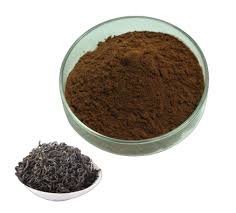
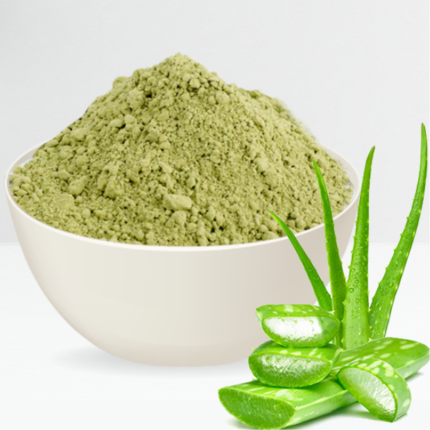
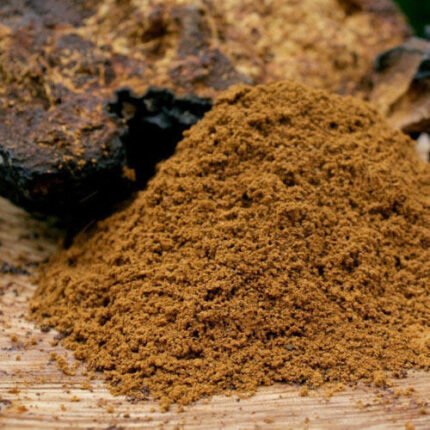

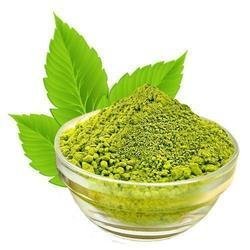
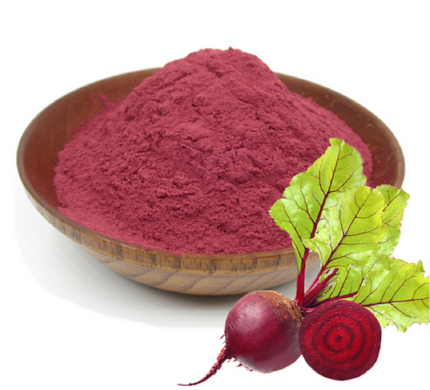
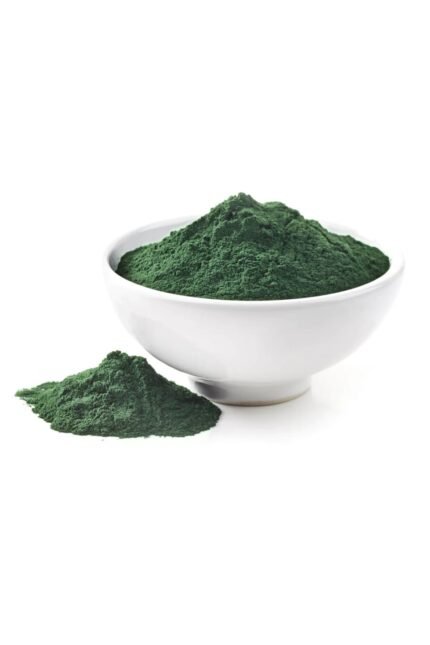

Reviews
There are no reviews yet.